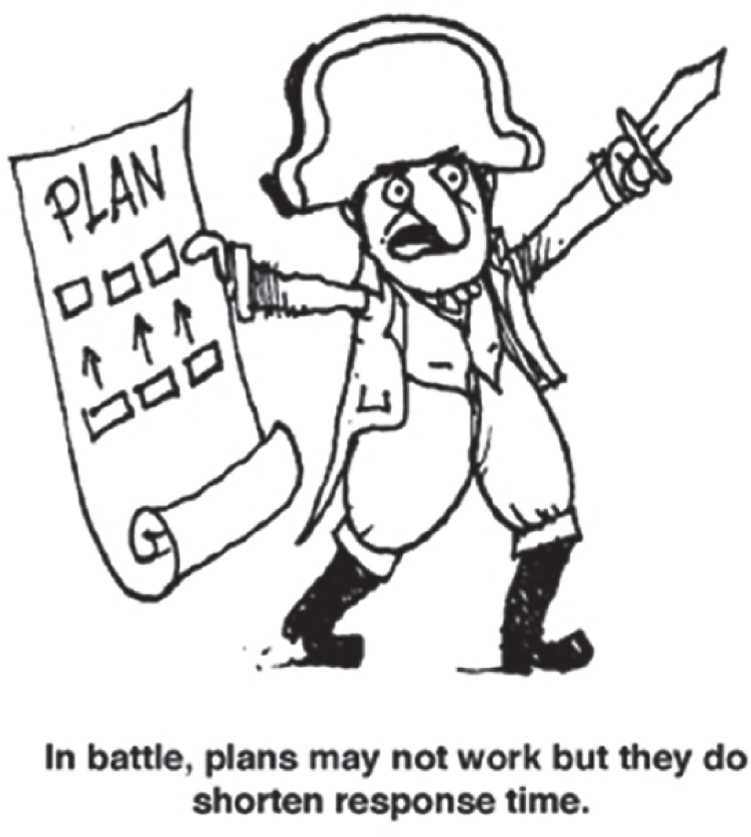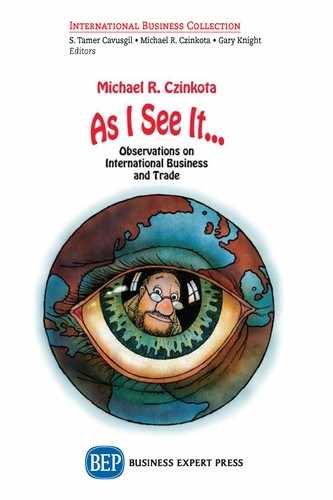Armenian News, August 2014

The conflicts between Russia and Ukraine have pitted Western countries against Russia. Some Russian officials no longer can travel abroad, and international investment and trade are restricted. Russian President Vladimir Putin, in turn, plans retaliatory sanctions against the United States and Western Europe by restricting Russian food imports and energy exports. Governments attempt to impose comparable sanction burdens on each other. However, due to cultural and historic differences, a policy based mainly on sanctions will lead to inequities and therefore substantially increase the risk in international trade.
Key differences exist between Russia and Western nations regarding profit, competition, risk and reward, private property and growth, and how they affect the outcome of sanctions. In the U.S., profit is the expected result of doing business and low profits are usually blamed on management. By contrast, lower profits in Russia allow its government to shift the blame onto foreign culprits.
Private property is a key reward in the U.S., whereas in Russia “private” often means responsibility and risk exposure. Since growth is key in the U.S., any inhibitors of growth are seen with concern. A wide variety of economic performance in Russia makes its growth much less of a pressure point. Sanctions against the U.S. may burden the population and lead to new candidates and policies. In Russia, the sacrifices imposed by sanctions seem to indicate dedication and strength. Declining U.S. profits or growth cause doomsday scenarios, while time is expected to bring economic improvement.
Losing out on the very latest technology means falling behind for Americans. For Russians, pretty good technology is a pretty good achievement. Russian ownership of space ferries and satellites and their use by the U.S. makes them proud.
Russia’s size of 6.6 million square miles makes it geographically the largest country in the world. The 324 million U.S. population more than doubles that of Russia. Still, the Russian market is of great importance for many global firms. Moreover, Russia is a crucial player for other countries as a vital trading partner and a worldwide leader in the production of hydrocarbons. Russia was the second largest producers and exporter of crude oil after Saudi Arabia in 2015. Russia is the world’s biggest gas exporter and many countries, especially in the European Union, depend highly on Russian exports of both. All the countries in Eastern Europe, with the exception of Poland, receive over 80 percent of their gas imports from Russia. Even if the Russian leadership is not touching their energy exports, Europe will feel under-heightened pressure if the spiral of sanctions is not stopped.
Although the European Union’s sanctions were deliberately crafted to hit the Russian leadership and not the common Russian citizen, the increasing spiral of sanctions are hitting hard the Russian general economy and the ordinary citizens. There are only few historical rewards for former leaders. For example, although Greece invented the Olympic Games, no points are given for that ancient super action. Going first with the Greek flag when marching into the Olympic Stadium is just about all there is. Russia may well see its existing strength and market size as an opportunity for leadership.
We all are said to understand each other so much better than in the past. Yet, much of our thinking is based on our history, culture, and outlook. They define our spheres of interest which we aim to preserve. Ukraine, for example, will tend to be closer to Russia than to the United States. While before the crisis, Ukraine was split in two parts, the crises changed that. Now Russia garners negative ratings from Ukrainians in both the west (81 percent unfavorable) and the east (61 percent) of the country.
Culture is also influencing how countries perceive each other. For Russia, the end of the Cold War and the dissolution of the Soviet Empire is seen as a catastrophe—in stark contrast to the American perception as a glorious and merry revolution. The average Russian understands as much about Columbus, Ohio as the average American does about Sevastopol.
Global relationships between Russia, Asia, Europe, and the United States are being rebalanced. Key changes are likely to come from outside the United States. It would be unwise to undertake transformations without dampening the key concerns of key players on all sides.
